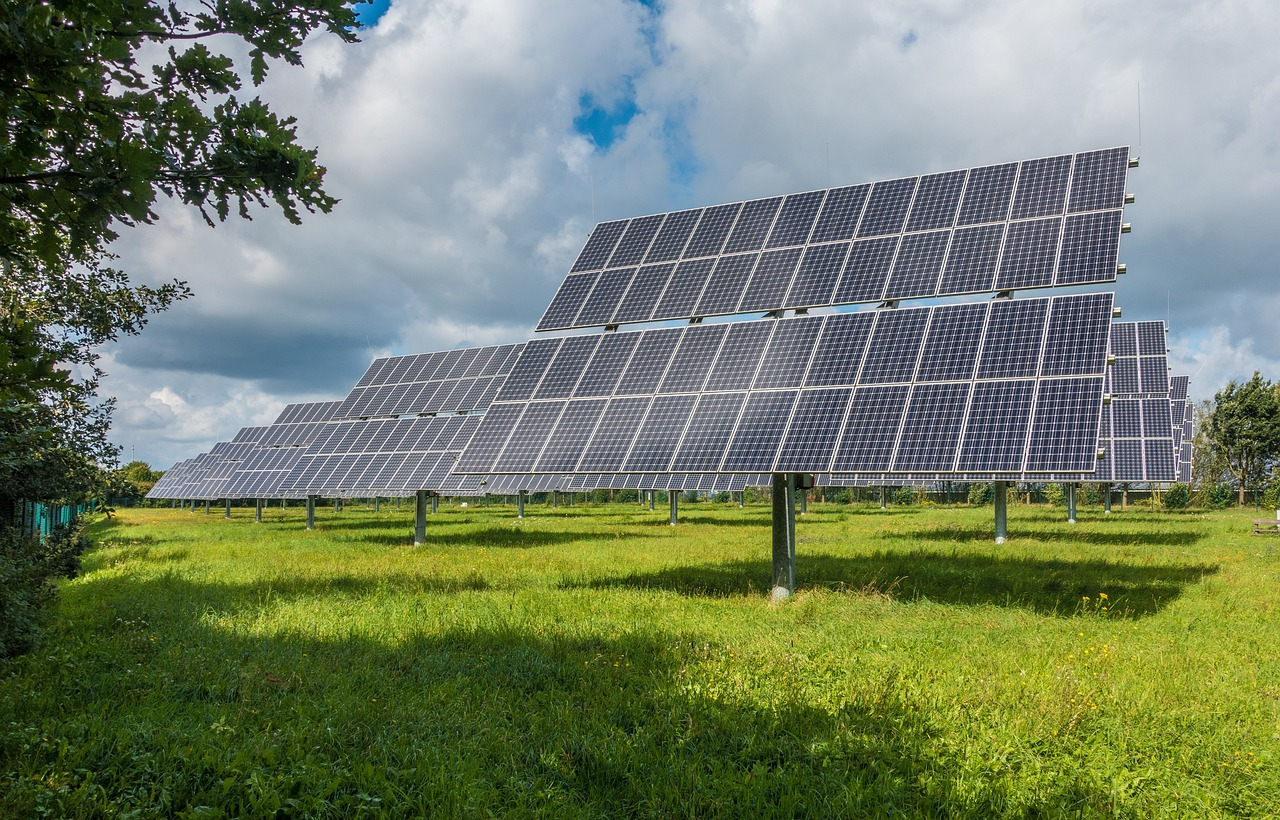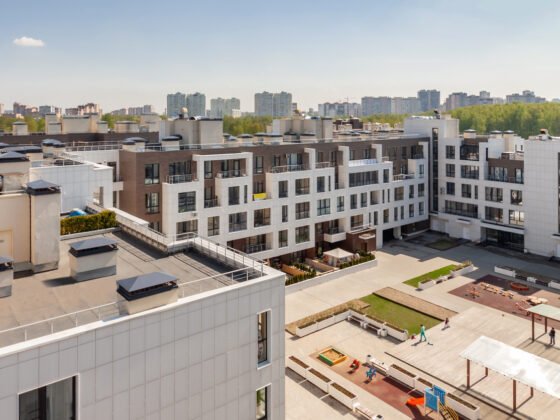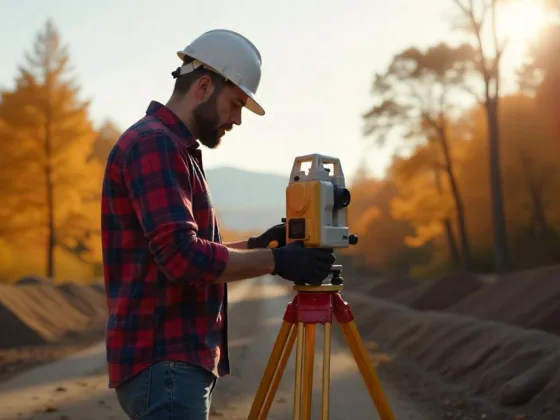Table of Contents Show
A fantastic option to lower your carbon footprint and save money on electricity costs is to install solar panels.
However, because it’s a significant investment, it’s essential to carefully weigh every pertinent factor before making a decision.

This article will discuss seven key things you should think about before installing solar panels in your home.
Taking the time to research and evaluate these considerations will help ensure you make the best decision for your unique situation.
1. The Costs Of Installing Solar Panels
One of the most important things to look at is the overall costs associated with purchasing and installing solar panels.
This includes the upfront equipment and installation costs, as well as ongoing maintenance expenses.
Crunch the numbers to see how long it will take to recoup your investment through energy savings.
Also find out about any solar incentives, rebates, or tax credits available in your area to help offset the costs.
Knowing the costs and available savings will help you decide if solar power is financially viable for you.
2. Assessing Your Home’s Solar Potential
Before committing to solar panels, have an analysis done of your home’s solar potential.
Factors like roof size, roof orientation, shading, and local weather patterns will impact how suitable your property is for capturing solar energy.
A solar site assessment will collect data on these factors to determine how much electricity a solar array can realistically generate on your site.
If the solar potential is low, you may want to explore other renewable energy options like ground solar panel installation in New Hampshire.
3. Selecting The Right Solar Company
Choosing the right installation company is key to getting a high-quality solar energy system.
Research local solar installers to compare factors like experience, reviews, services offered, equipment used, and overall value.
Look for an established company that is licensed, insured, and has a good reputation.
Meet with multiple installers to get quotes and ask lots of questions before selecting one to handle your solar panel system.
4. Deciding On Panel Types And Layout
There are different kinds of solar panels to choose from, including monocrystalline, polycrystalline, and thin-film panels.
The panels also come in various efficiencies, sizes, warranties, and price points.
Consider which panel technology and size makes the most sense for your goals.
You’ll also need to map out an optimal panel layout for your roof to maximize sun exposure.
A common-sized solar system is a 10kw solar system.
An experienced installer can help advise you on the best panel selection and positioning. If you are looking for something other than panels, solar roof tiles are a good option to go with.
5. Understanding How Net Metering Works
Most solar energy systems are tied to the utility grid via net metering.
This allows any excess solar power you generate to be fed back into the grid, spinning your electricity meter backward.
Check if net metering is available in your area and understand how the billing works.
This will help you calculate potential savings and payback time from the solar electricity you produce.
You may also want to explore adding home batteries to store extra solar energy for use when the sun isn’t shining.
6. Permitting And Inspections
Installing a solar energy system requires getting the proper permits and passing inspections.
Research what solar permits are needed in your local jurisdiction and plan for these costs and requirements.
A good solar company will pull all necessary permits for you and ensure the system passes inspection before final approval.
Trying to cut corners by not getting permits can result in penalties, your system being deactivated, and even legal action, so this is an important step.
7. Maintenance Requirements
While solar panels themselves are low maintenance, it’s important to understand what type of upkeep your overall system will require.
This includes regularly checking for damage, debris, and snow cover on panels, as well as inverter maintenance.
Talk to your solar company about recommended maintenance best practices to keep your solar energy system running efficiently for years to come.
Having a long-term plan for solar panel care will help avoid problems down the road.










